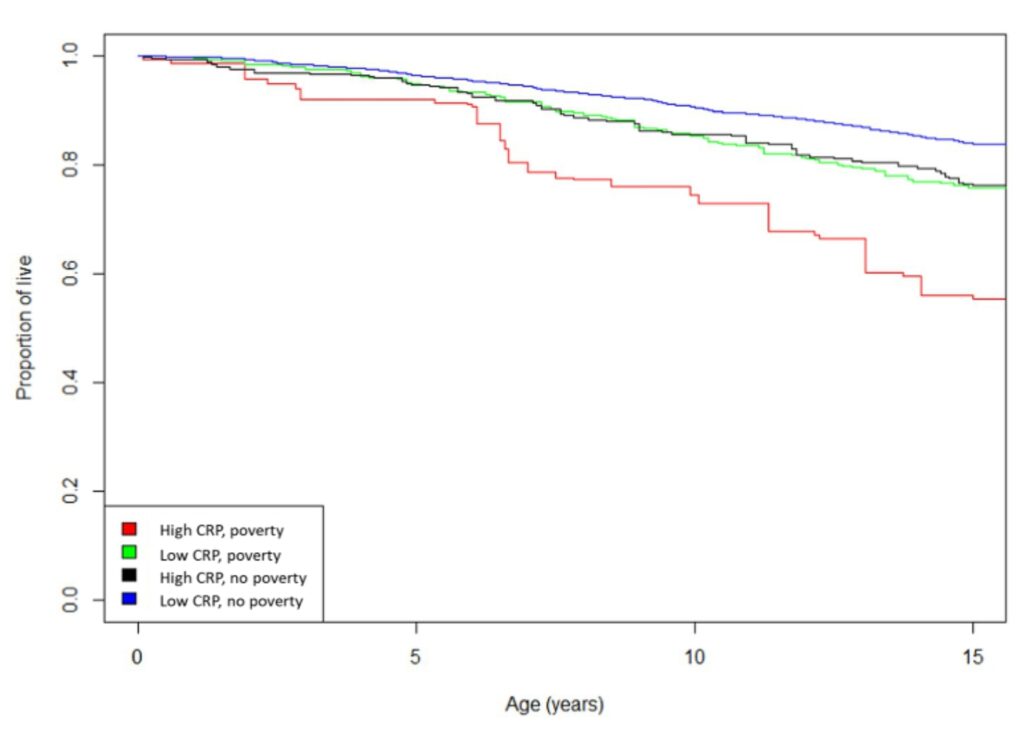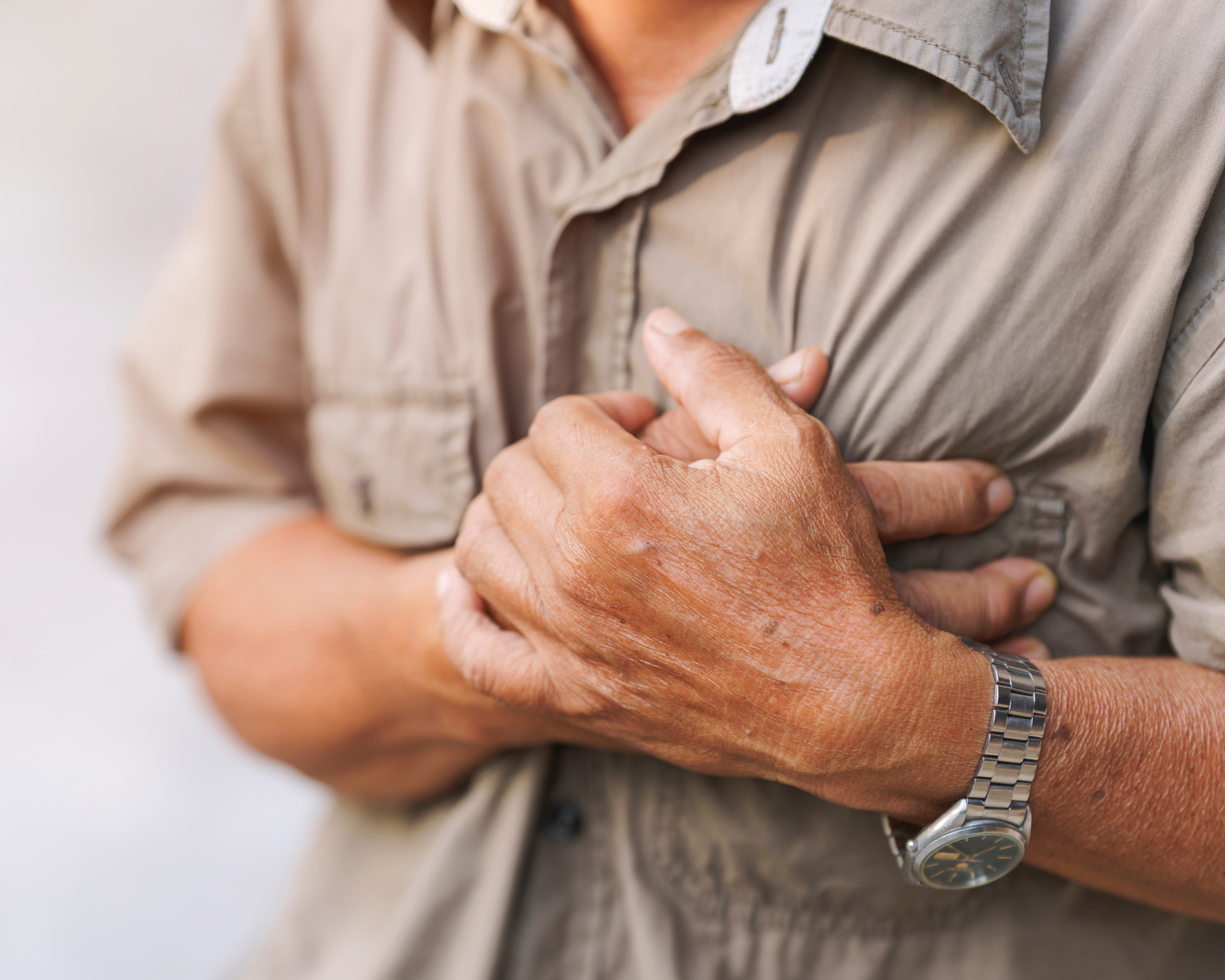The Chronic Challenges of Poverty
People living in poverty are at an increased risk for chronic inflammation, a cause of symptoms linked to diseases like cancer and diabetes.

Read Time: 2 minutes
Published:
Having empty pockets can impact long-term health. Poverty has been linked to obesity, cardiovascular disease, and diabetes, among other chronic conditions.
The symptoms of chronic diseases are caused by inflammation, part of the body’s immune response. Obesity, stress, autoimmune disorders, and other chronic diseases involve a constant state of inflammation, often causing fatigue, joint or muscle pain, weight fluctuations, and hormonal imbalances. Additionally, inflammation can cause new conditions to develop; for example, obesity-related inflammation has been associated with the development of diabetes, cancer, and cardiovascular diseases.
People living in poverty are at risk for chronic inflammation. They often struggle to afford a healthy diet, experience high levels of stress, and live in places with environmental pollution; these factors are all linked to chronic inflammation.
Arch G. Mainous and colleagues analyzed data on 3,478 patients from the ongoing National Health and Nutrition Examination Survey to study the joint effects of poverty and inflammation on survival. These participants were ages 40 and over when they were recruited, which was between 1999 and 2002. At the start of the study, patients’ blood samples were tested for C-reactive protein (CRP), a chemical marker of inflammation.

The graph above shows the proportion of live participants at baseline and 5, 10, and 15 years after the start of the study. Participants were divided based on their baseline inflammation and poverty status. The group with inflammation who lived below the poverty line (shown in red) had the lowest proportion of living participants, meaning the lowest survival rate.
The researchers suggest that inflammation and poverty work together to increase risk of mortality. While the relationship between poverty and chronic disease continues to be studied, interventions that reduce stress or improve access to healthy foods and health services may decrease inflammation among impoverished people, helping them live longer, healthier lives.



